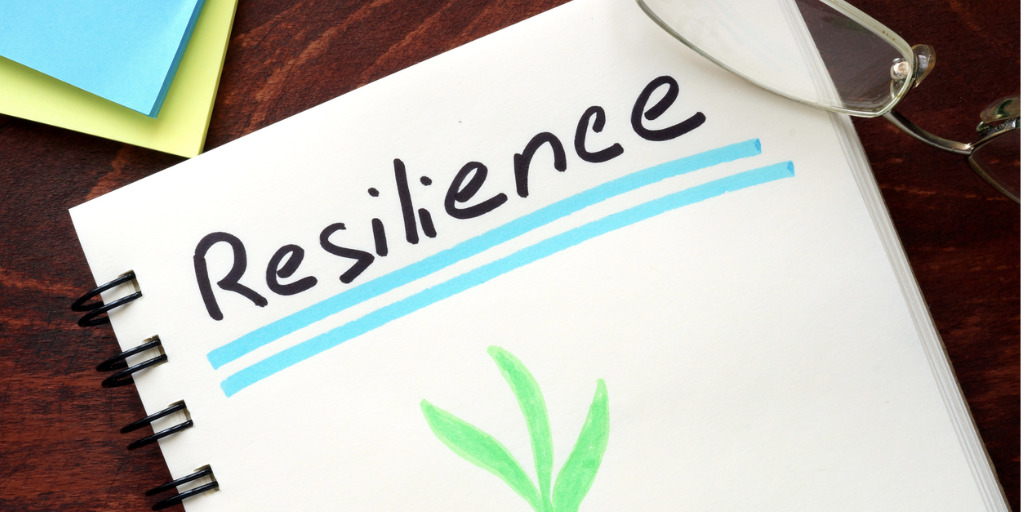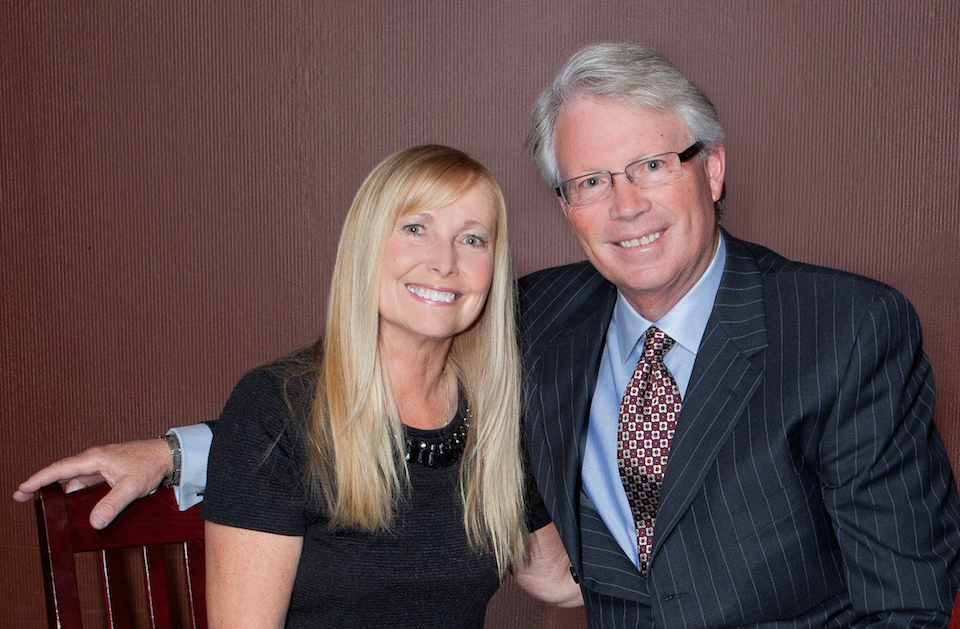The Gift of Failure

The Journey to Success
It's hard to find a person who doesn't know Harry Potter and the woman who brought him to life. J.K. Rowling ignited a reading frenzy around the world. People of all ages who were not avid readers before they read her books stood in line for hours just to get an early copy. She created an imaginary world that entranced the world.
But her journey to success was not easy. When she began writing novels, she was an unemployed single mother and poor. In the Commencement Address she gave to the Harvard Alumni Association, called The Fringe Benefits of Failure, she talks about her encounter with failure. If you haven't seen this inspiring video, I highly recommend that you watch it.
Finding Your Truest Self
We've all heard about how important it is to not be afraid of failure. J.K. Rowling takes that notion further. She sees failure not only as something we can survive. She sees it as a gift. Her marriage ended, she was not gainfully employed, and she was struggling to meet her basic needs. But she knew for an absolute certainty that she wanted to write novels and that is what kept her going. She says, "I stopped pretending to myself that I was anything other than what I was, and began to direct all my energy into finishing the only work that mattered to me."
What work matters to you? Are you willing to pursue those dreams no matter how difficult they may become? As J.K. Rowling notes, another gift of failure is that it teaches you how to endure. "The knowledge that you have emerged wiser and stronger from setbacks means that you are, ever after, secure in your ability to survive. You will never truly know yourself, or the strength of your relationships, until both have been tested by adversity."
Building Resilience

The ability to persevere is also known as resilience. It's an inner strength that is as important in business as it is in your personal life. In "No Limits", John C. Maxwell talks about attitude capacity and choosing to be positive regardless of circumstances. He recommends becoming resilient as a key way to build our attitude capacity.
Make no mistake. Resilience is a muscle and you need to use it every day in order to keep it strong. The next time you find yourself in a difficult situation, think of it as an opportunity to build resilience. Let these seven strategies guide you:
- Reward small wins. Even when the ultimate goal becomes too much to achieve right now, there are generally incremental accomplishments that you have already achieved. In your commitment towards big goals, don't forget to celebrate the accomplishment of smaller ones. Every day that you work towards your goal is an achievement. When J.K. Rowling showed up each day and kept writing that was a win. Without the daily effort, none of her books would have been finished.
- Be aware of your thoughts. How you think affects everything. The first step is to listen carefully to what you say to yourself. When a challenge arises, do you make it worse than it really is? Do you assume that a setback means the goal will never be achieved? If you find yourself building on negative thoughts, try to reframe them in a more positive way.
- Do things that bring meaning to your life. We all need to take the time to understand ourselves and what is important to us. If you direct your energy towards the work that matters the most to you, it will be easier to endure challenging situations. Passion is a powerful driver.
- Take care of yourself. This might seem obvious, but too often it is missed. Ironically, when we are most stressed, we often set aside the essentials of self-care. We all need sleep, food and exercise on a daily basis. Resilience is directly tied into basic well-being.
- Build the relationships in your life. Strong connections to family, friends and colleagues keep us going. It might seem counter-intuitive, but the more you give the more you have. The relationships you have with colleagues are important. If you sustain them, they will take you through many difficulties. But it is also important to build relationships with people outside of your work and personal circle. Being active in a community association or charity organization will make you more resilient.
- Embrace change. Instead of seeing the unexpected as an obstacle, look for the opportunities it brings. Change can lead us in new directions. It can give us a different perspective. Resilience is not only about building a muscle. It's about learning to be flexible too.
- Commit to a lifetime of learning. If you look at a challenge as an opportunity to learn, you will not only work through the situation more easily, you will add to the tools you can use later in life. The driving force behind learning is curiosity. When you find yourself in a difficult situation, ask questions and open your mind to a range of answers. This is how we all grow.
Call to Action:
- When is the last time that you failed?
- What were you thinking at the time and how did that affect you?
- Did you seek support from the connections in your life?
- What will you do differently the next time you face a challenging situation?
- How will you build your resilience muscle?
It starts with you. You've got this!
Your friends,
UpCloseTeam




